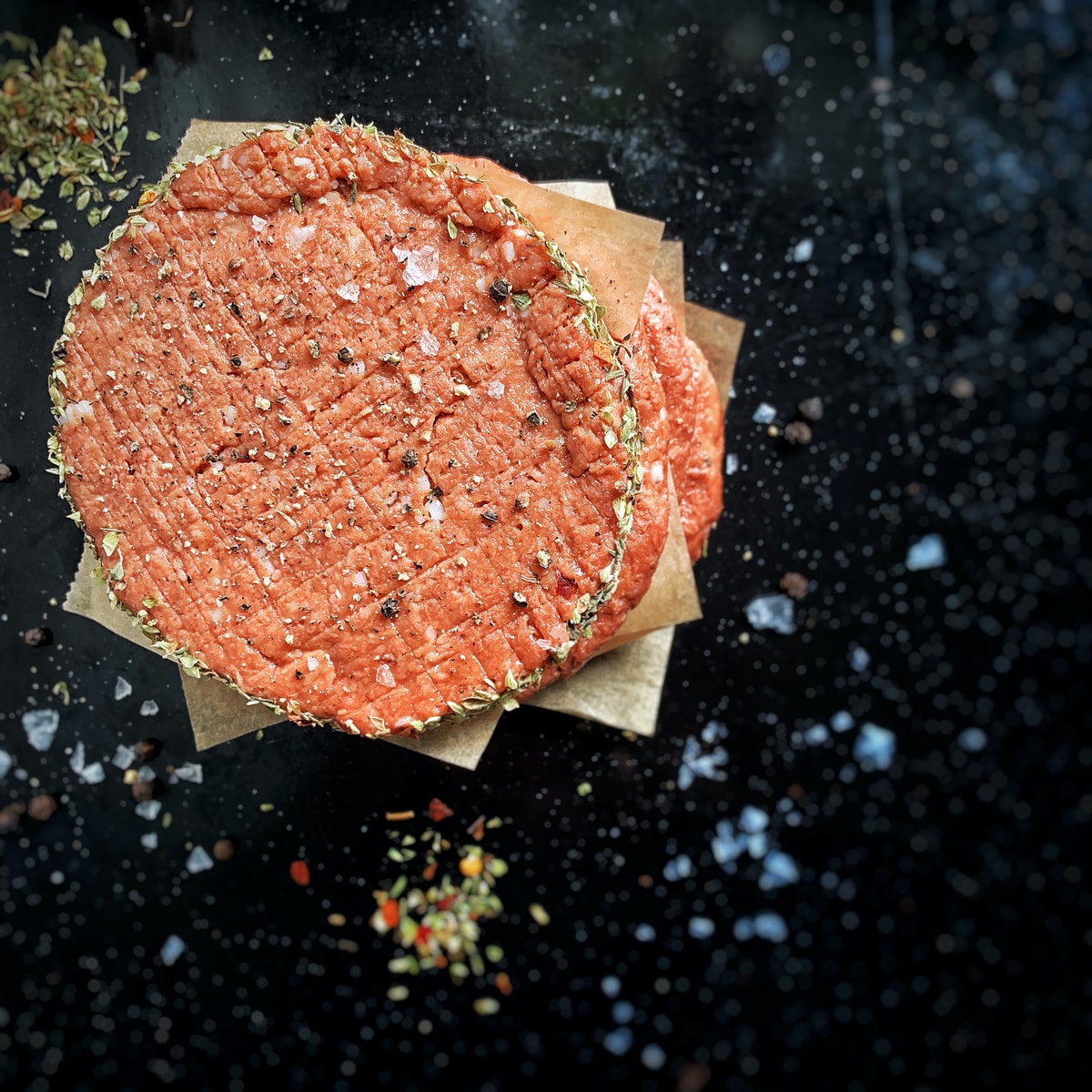#Changemaker: Vegan bacon is a co-man love match
How many pigs does it take to make a kilogram of bacon? None, if you ask Matthias Neuner, COO at La Vie. The plant-based foods company has developed a unique method for producing meat-alternative rashers and lardons from just six vegetal ingredients.
The plant-based bacon provides the same crackle, crispiness, and aroma as your conventional pork belly cuts. “We managed to recreate the lean and fatty characteristics that produce the distinct sensory profile of bacon,” explains Matthias. But the real magic in La Vie’s formulations is the adhesion of the two textures.

The recipe is a closely guarded trade secret, but the COO points out that the manufacturing process is no less critical. In fact, the manufacturing partnerships that La Vie developed are a major ingredient of its success story.
The company’s relationship with co-manufacturers is fundamental to the final product. And that’s just putting it mildly. For Matthias, La Vie forges “an emotional bond” with its partner network.
Producing the perfect alternative to animal-derived bacon goes beyond formulation and production technology. This is unchartered territory for everybody, and manufacturing houses are pushed to rethink their process methods. It’s innovation at two speeds; while the internal team at La Vie advances the formula, the co-manufacturers are finding new ways of bringing them to life.
The in-house team must consider the implications for the manufacturing partners before making any recipe changes. Product development cuts across the multiple layers of ingredient management, process knowledge, and technological capability.
“As a startup, we want to improve fast, but our pace may prove too much for a manufacturing house used to the conventional food industry,” reflects Matthias. But he goes on to elaborate on a technique to manage changes without shaking the shop floor. ‘Smart innovation,’ as he calls it, scopes product development to the available building blocks – the materials already in use and the production systems in deployment.
By focusing innovation on the techniques and ingredients at hand, La Vie provides partners with a stronger sense of orientation and helps them adapt to changes smoothly.
A solid manufacturing pairing is critical to developing vegan specialties, but the relationship with partners runs deeper than technical competence. The plant-based category is evolving rapidly, so co-manufacturers must be able to cope with the volatility of the market and the requirements of the specific sales channels.
We ask Matthias whether this is too much flexibility to expect from partners. He replies that these criteria restrict the co-manufacturers field, “but we look for partners that get excited at the prospect of learning and growing with us.”
Building that kind of excitement is a full-time job. Suppliers accustomed to the legacy food industry need to step out of their comfort zones and work differently. They must reorganize operations and adapt to closer engagement with the producer. But that synergy is invaluable, as far as Matthias is concerned.
“Our co-manufacturers are our biggest fans,” he says, “they know that we’re doing something special together, and they’re prepared to go the extra mile with us.” It’s not hard to see why consumers fall in love with the La Vie brand, but Matthias reveals the same sentimental attachment from the supplier side. Co-manufacturers are proud to be part of the success story and share the same passion as the internal team.
No wonder that, for Matthias, the partners are an extension of the La Vie staff: “The process and the technology are the basis of product quality.” And a lot of the innovation in this department begins in the company’s R&D centre.
At La Vie, fundamental R&D and process development are strategic activities. If plant-based food companies want consumers to treat their products as genuine replacements, the vegan alternative must perform the same as the animal-derived original. The bacon and lardon options of La Vie do an extraordinary job at that. Still, perfection never sits on its hands, and Matthias tells us that investment in R&D is a primary driver of excellence.
“The prototypes were enough to make our partners believe in the product,” but Matthias says that that initial spark is insufficient. “Our commitment to raising standards reverberates throughout the supplier network, and we constantly challenge each other to develop faster and produce better.” A proper definition of co-manufacturing in real life.
Working with external manufacturing means pulling the same rope, not a tug-of-war. And the result of the symbiotic relationship La Vie has with its co-manufacturers is a delicious, smoky vegan snack.
It takes hundreds of experts to produce one La Vie plant-based bacon pack. That’s as many people involved in processing the animal-derived option but with considerably less water, land, and CO2 emissions. And no four-legged intelligent creatures either.
To make a kilogram of meat bacon, it takes six pigs.
